Filmy:
- Gwiazdy muszą płonąć, 104'
Gwiazdy muszą płonąć / Stars Must Be Alight
Production: POL 1954This is Andrzej Munk's first attempt at a feature film, though the tradition of interpretation situates it among the artist's documentary works. The reason for that is probably the graphic poetics of Stars, which belongs to the documentary experience, using the material reality as its main fabric in the creation of the represented world. In Stars this reality is the world of the mine – mineshafts, drifts, the coal itself, gas, water, mining tools. The pictures and elements of this world, perfectly organised in the editing process, not only create authentic scenery for the stories told in the film, but also give the unusual flavour, typical only for the miners' experience.
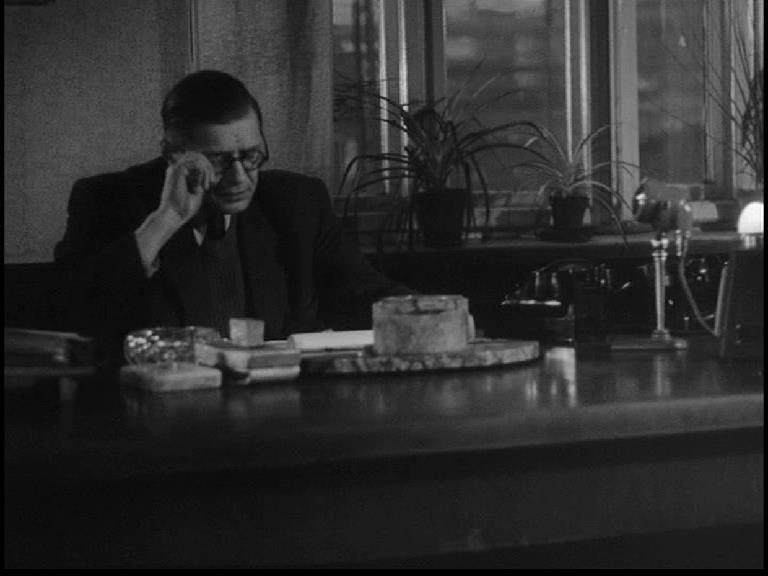
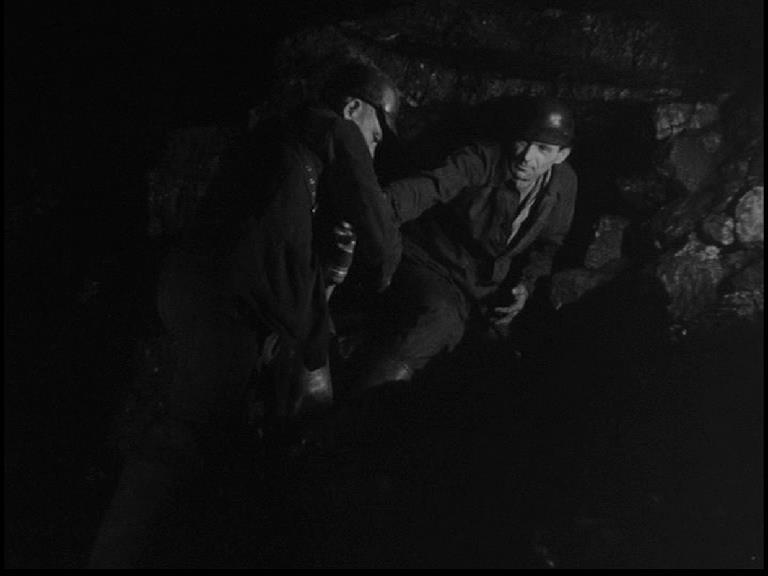
czytaj więcej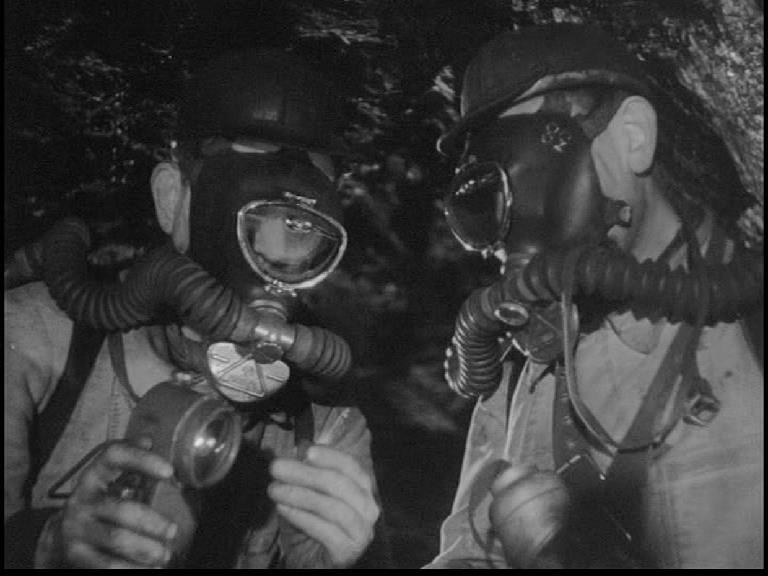
Autorzy:
- Kierunek Nowa Huta, 12'
Kierunek Nowa Huta / Destination Nowa Huta
Production: POL 1951A film which can be recognised as a model agitational picture of the Stalinist times of Polish cinema, and which Andrzej Wajda could quote as the work of director Burski in his Man of marble. At the same time, a testimony of the experiences of artists who debuted in the times of ideologically and “aesthetically” dominating socialist realism. It has all the features of that period's documentary cinema, where commentary was the instance organising the whole film, carrying the biggest part of the ideological propaganda message, only supplemented by the adequately edited picture. The real idea behind the film is the apotheosis of the construction of the factory and the Nowa Huta city, which is created in opposition to Kraków, stale in its bad tradition.
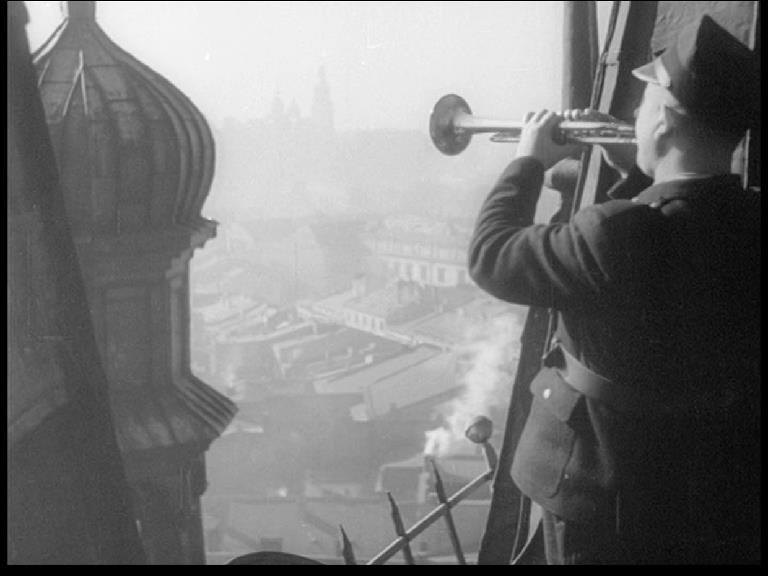
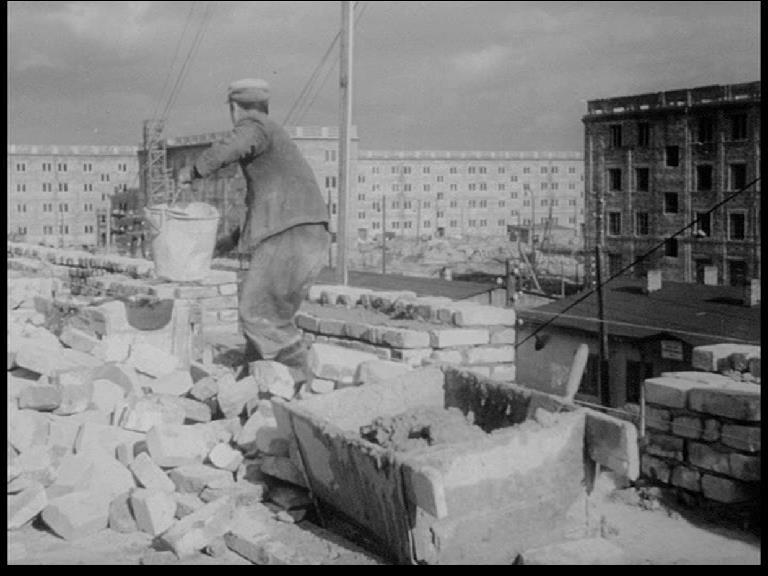
czytaj więcej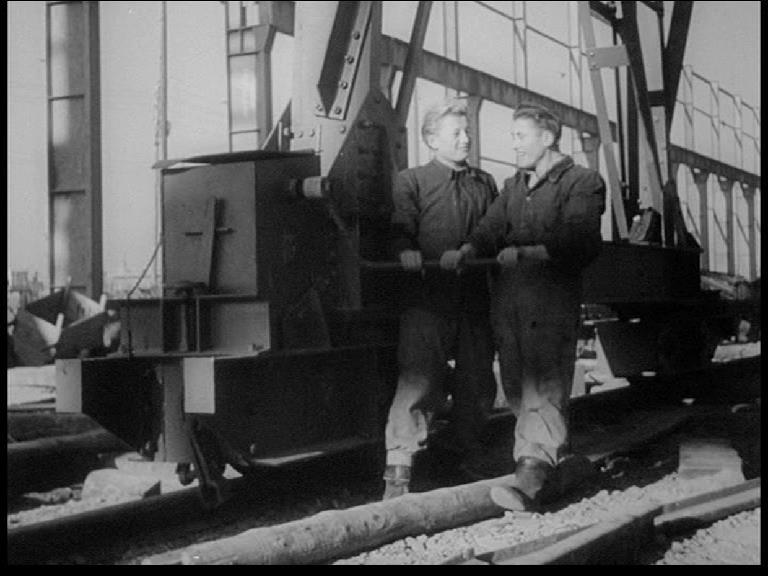
Autorzy:
- Kolejarskie słowo, 21'
Kolejarskie słowo / A Railwayman's Word
Production: POL 1953Although this film seemingly fits the formula of socialist Poland's “production reportage,” it is actually a breakthrough in Andrzej Munk's documentary work. The quasi-feature film structure of the film is based on the task set before the crew of the coal train from Silesia to the steel mill in Szczecin, but also before other railwaymen assisting in the train's long route. The fight to carry out the plan, which is a typical topic for socialist realism cinema, was pictured by the filmmakers in a way which escapes the formula typical of those days. It is the people responsible for the task who are the most important here – their work ethic.
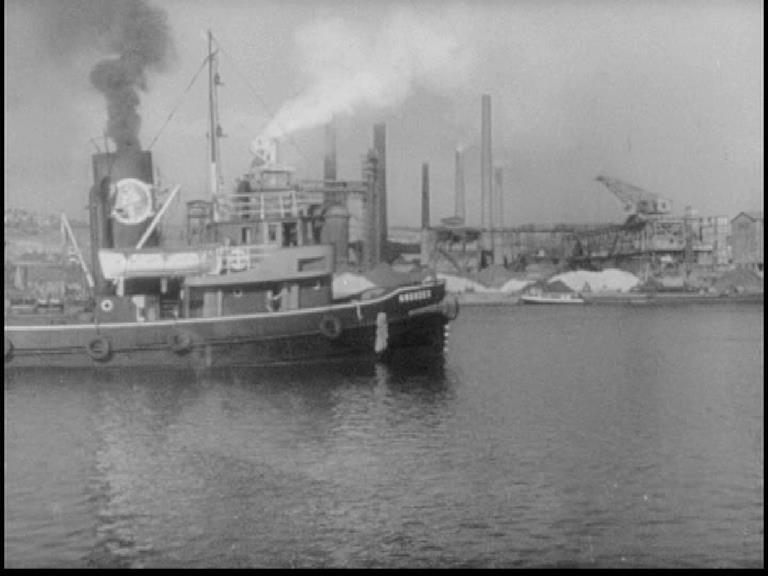
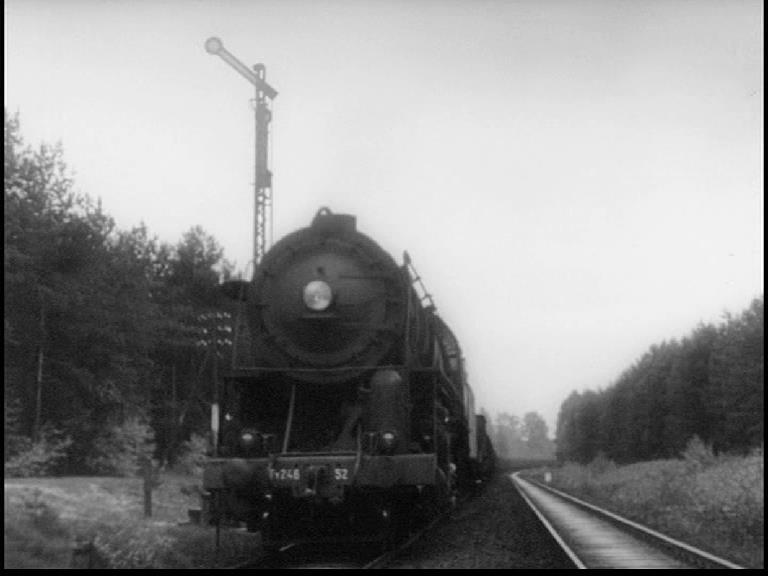
czytaj więcej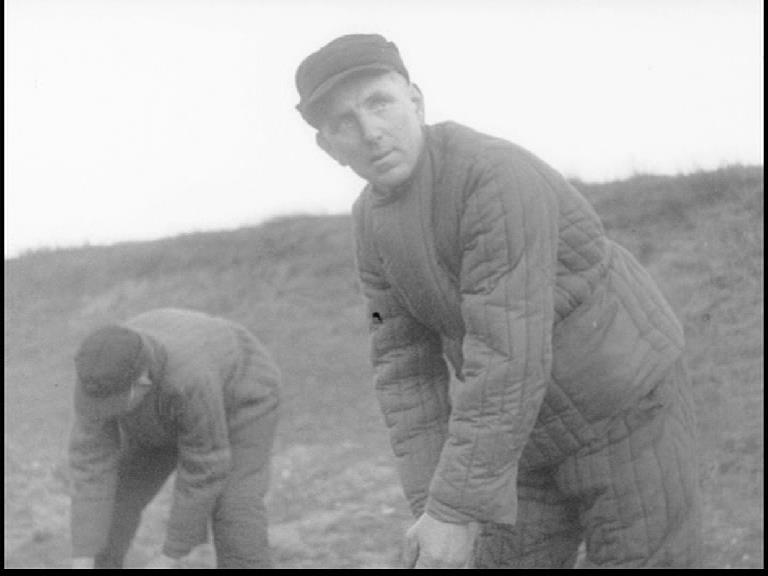
Autorzy:
- Pamiętniki chłopów, 14'
Pamiętniki chłopów / Peasant Diaries
Production: POL 1952Andrzej Munk's first attempt to “humanise” the socialist-realist formula of documentary cinema. He does it by referring to authentic materials, the Peasant diaries published in 1935. The director finds its three authors and, by quoting excerpts from their diaries, confronts their old fate with the life in socialist Poland which makes the old dreams come true – dreams about one's own share of land, the chance to live with dignity, and the possibility to educate one's children. A part of this “humanising” is giving the viewer a chance for direct contact with those non-anonymous protagonists, whereas what dominated documentary film those days was the anonymous collectivity.
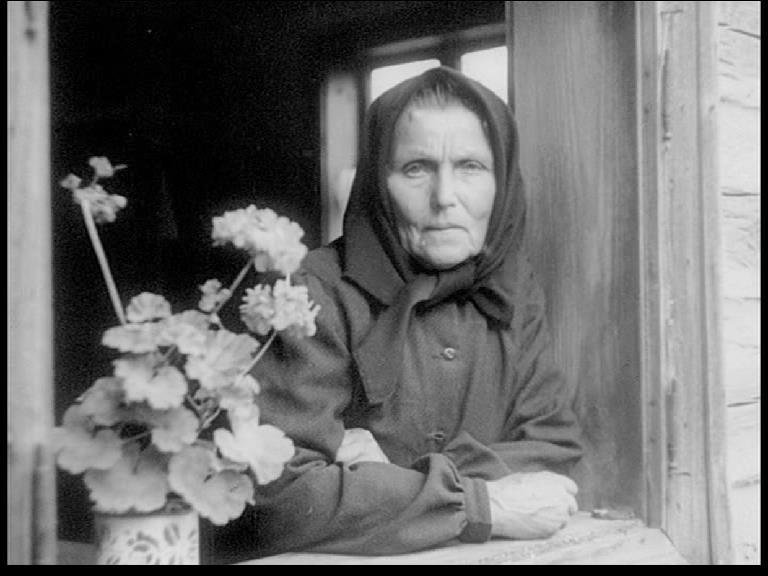
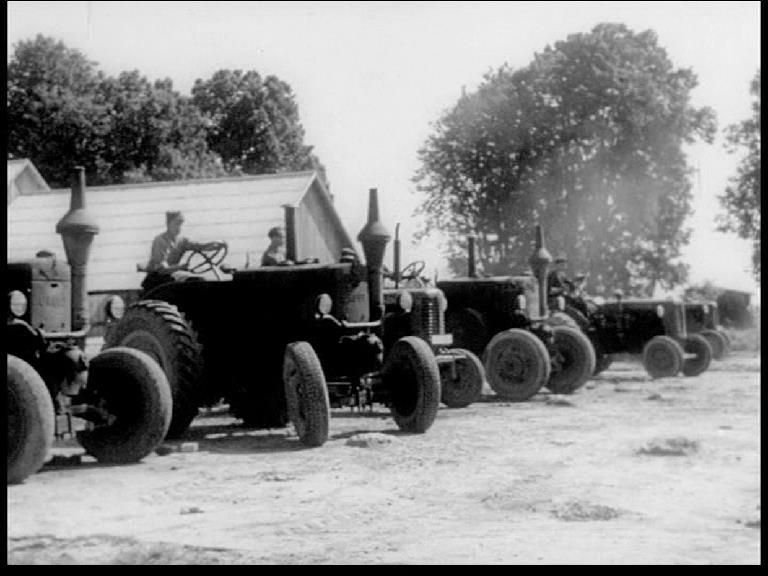
czytaj więcej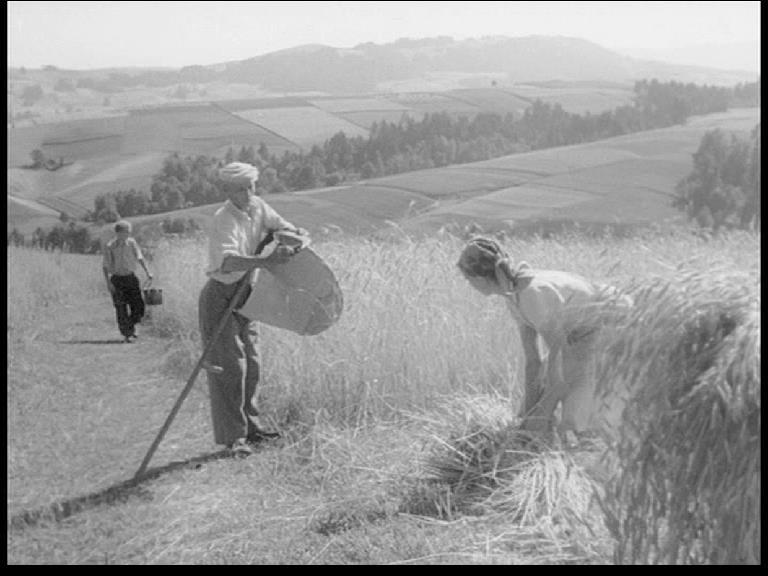
Autorzy:













